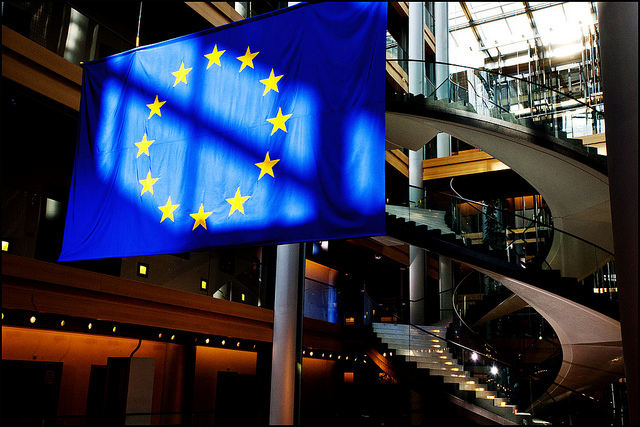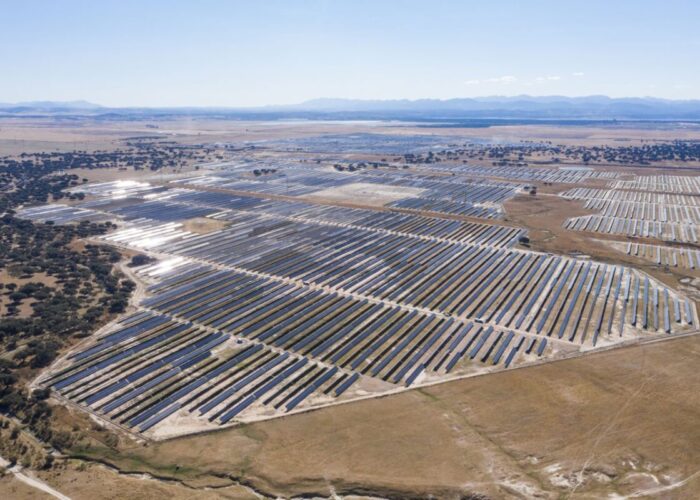
The European Commission has unveiled a package of policy proposals that would transform the continent’s energy market.
While there remains concern that renewables will lose their right of priority dispatch, the new package would enshrine the right of solar owners to sell excess electricity and establish a level playing field for investment via a shared rulebook.
Unlock unlimited access for 12 whole months of distinctive global analysis
Photovoltaics International is now included.
- Regular insight and analysis of the industry’s biggest developments
- In-depth interviews with the industry’s leading figures
- Unlimited digital access to the PV Tech Power journal catalogue
- Unlimited digital access to the Photovoltaics International journal catalogue
- Access to more than 1,000 technical papers
- Discounts on Solar Media’s portfolio of events, in-person and virtual
Additional encouragement for cross-border tenders and an emissions limit on technologies participating in capacity mechanisms have also been welcomed.
“We need strong action to ensure that priority dispatch is maintained for renewables, especially if capacity mechanisms are to be allowed – even as a last resort,” said Alexandre Roesch, policy director at trade group SolarPower Europe (SPE). “Such mechanisms have a massive negative effect on the electricity price and thus distort investments away from clean technologies to old polluting ones. Renewables and flexibility providers need to be rewarded in the new market.”
Despite these concerns, proposals to protect self-consumption drew praise from SPE.
“Solar is a means to democratise energy and we are delighted that for the first time renewable self-consumers will now be recognised at EU level and have a legally binding framework giving them the right to generate, consume, store and sell their own power,” continued Roesch.
The proposals, which require consent from the European Parliament and member states, also recommend a 2030 renewable energy target of 27% and an emissions cap on capacity mechanisms to restrict the opportunities for coal.
Oliver Schaefer, president of SolarPower Europe, said the plans for the new European energy market could have been stronger.
“The market design measures proposed by the Commission are going in the right direction, but are not brave enough to phase out coal and nuclear. The energy transition is slowed down when these harmful energy sources continue to exist in our electricity system. We also need a firm push now to make sure that coal and nuclear are not given public money through capacity mechanisms,” he added.







